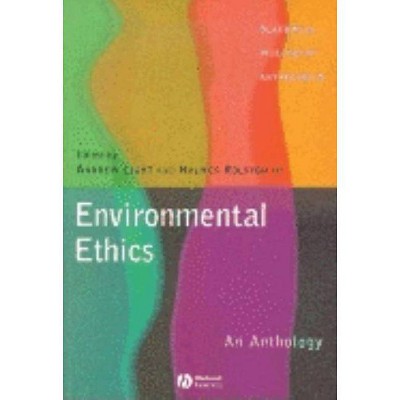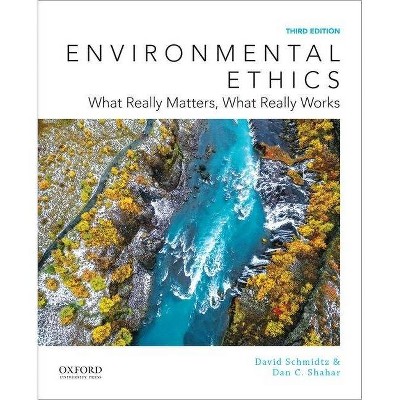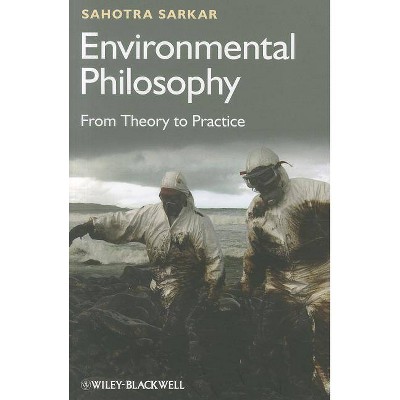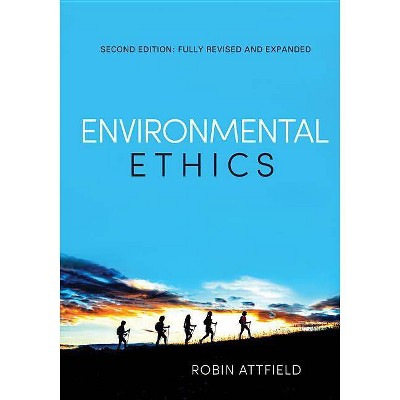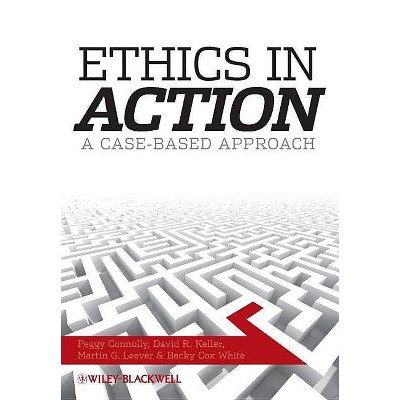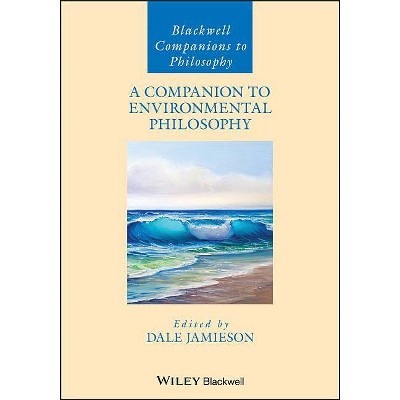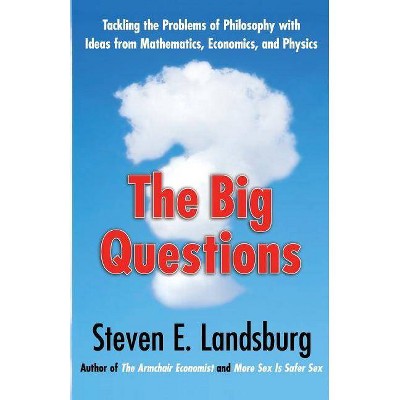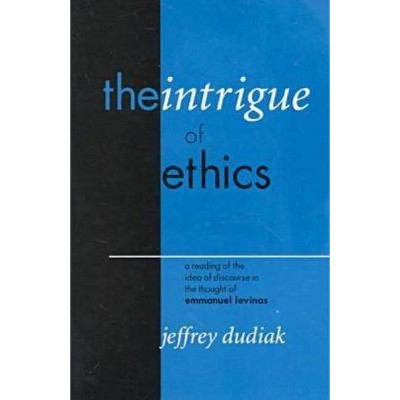Environmental Ethics - (Philosophy: The Big Questions) by David R Keller (Paperback)
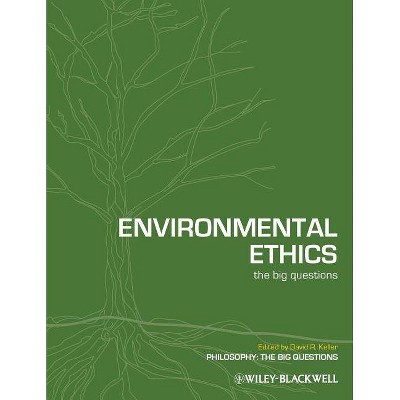
Similar Products
Products of same category from the store
AllProduct info
<p/><br></br><p><b> Book Synopsis </b></p></br></br>Through a series of multidisciplinary readings, <i>Environmental Ethics: The Big Questions</i> contextualizes environmental ethics within the history of Western intellectual tradition and traces the development of theory since the 1970s. <ul> <li>Includes an extended introduction that provides an historical and thematic introduction to the field of environmental ethics</li> <li>Features a selection of brief original essays on why to study environmental ethics by leaders in the field</li> <li>Contextualizes environmental ethics within the history of the Western intellectual tradition by exploring anthropocentric (human-centered) and nonanthropocentric precedents</li> <li>Offers an interdisciplinary approach to the field by featuring seminal work from eminent philosophers, biologists, ecologists, historians, economists, sociologists, anthropologists, nature writers, business writers, and others</li> <li>Designed to be used with a web-site which contains a continuously updated archive of case studies: <p>http: //environmentalethics.info/</p> </li> </ul><p/><br></br><p><b> From the Back Cover </b></p></br></br>Environmental ethics is a relatively new philosophical discipline that addresses the complex convergence of humans with the natural world and its nonhuman inhabitants. <i>Environmental Ethics: The Big Questions</i> presents a series of interdisciplinary readings that examine the moral dimensions of the delicate relationship between human beings and the environment. Carefully chosen selections drawn from philosophy, the social and life sciences, economics, history, legal studies, business, and literature are organized clearly around the history of anthropocentric (human-centered) and nonanthropocentric origins of environmental ethics. The readings serve as an investigation of the proper scope of moral considerations relating to the environment - one that includes humans, animals, living things, ecosystems, and the built environment. Other topics include political approaches to environmental ethics, the importance of ecological science, and contemporary public policy issues such as agriculture, sustainability, population, globalization, and injustice. Readers are also directed to an online archive of continually updated international case studies that serve to complement and explicate the theoretical discussions outlined in the text. <p>Thought provoking and timely, <i>Environmental Ethics: The Big Questions</i> offers illuminating insights into an issue that is becoming more critical each year.</p> <p>To view a growing archive of environmental ethics case studies, please visit: http: //environmentalethics.info/.</p><p/><br></br><p><b> Review Quotes </b></p></br></br><br><p>"Overall, Environmental Ethics: the big questions is an essential text for anyone looking to get to grips with key thinkers and their contributions to this new and burgeoning domain of ethics. Whilst challenging at times, the variety of papers in terms of both inter-disciplinary and difficulty is wide, allowing readers to effectively engage irrespective of background. Further, the layout is clear and general binding and page quality high to ensure this can remain an indispensable reference text for the future." (<i>The Guardian</i>, 26 November 2013)</p> <p>Featured in The Guardian - 26 November 2013<br /> <br /> "Overall<i>, </i> Environmental Ethics: the big questionsis an essential text for anyone looking to get to grips with key thinkers and their contributions to this new and burgeoning domain of ethics. Whilst challenging at times, the variety of papers in terms of both inter-disciplinary and difficulty is wide, allowing readers to effectively engage irrespective of background. Further, the layout is clear and general binding and page quality high to ensure this can remain an indispensable reference text for many years to come." (<i>E</i><i>conomics & Philosophy</i>, 1 November 2013)</p><br><p/><br></br><p><b> About the Author </b></p></br></br><b>David R. Keller</b> is Professor of Philosophy and Director of the Center for the Study of Ethics at Utah Valley University. He is co-editor of <i>The Philosophy of Ecology: From Science to Synthesi</i>s (with Frank Golley, 2000), and co-author of <i>Ethics in Action</i> (with Peggy Connolly, Becky Cox-White, and Martin G. Leever, Wiley-Blackwell, 2009), a case-based approach to introducing ethics and environmental issues.
Price History
Price Archive shows prices from various stores, lets you see history and find the cheapest. There is no actual sale on the website. For all support, inquiry and suggestion messagescommunication@pricearchive.us
